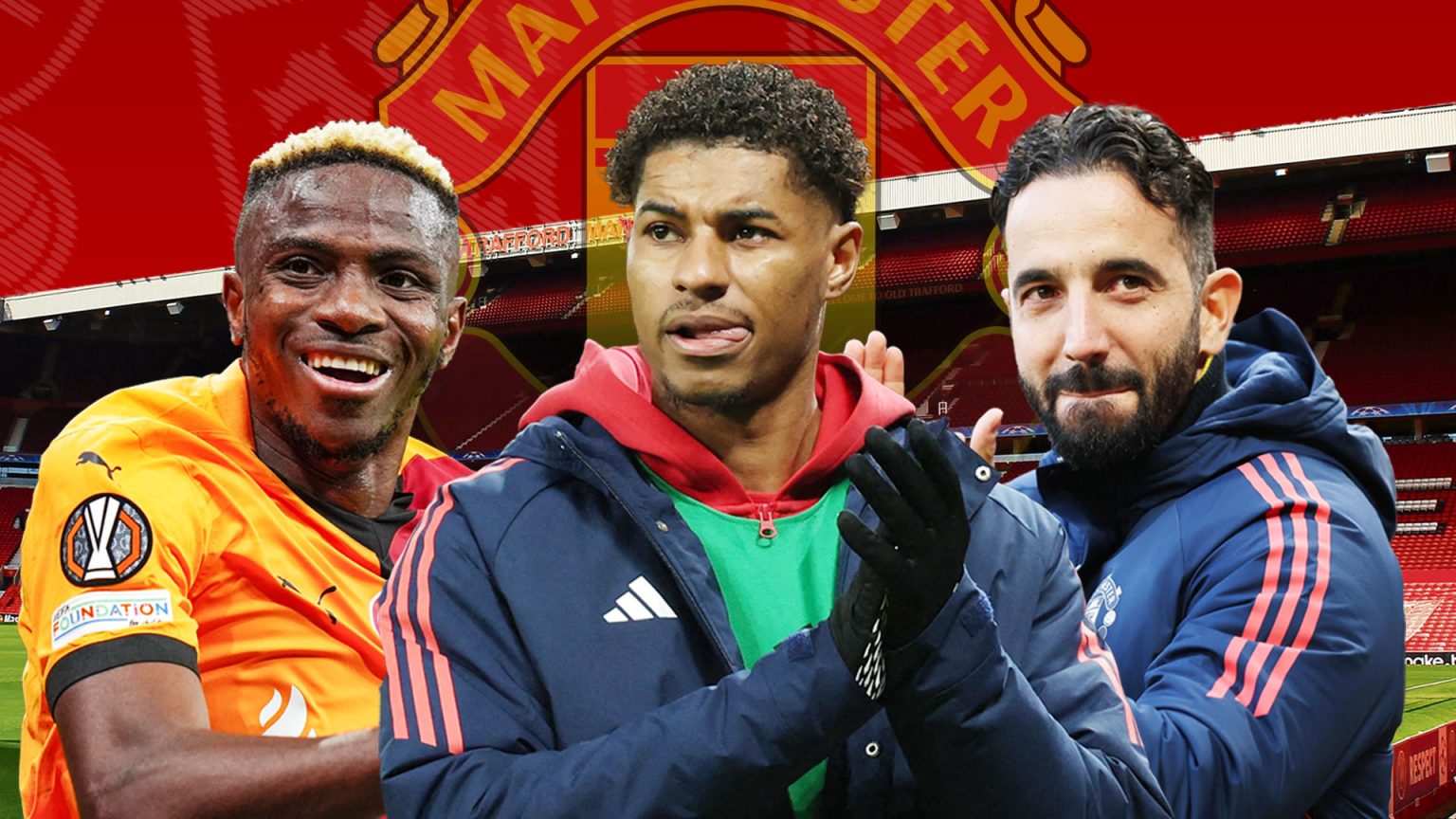Sir Jim Ratcliffe’s tenure as the minority owner of Manchester United, beginning on Christmas Eve 2023, has been a whirlwind of changes, marked by both ambitious investments and controversial cost-cutting measures. The initial months saw significant structural changes, including the appointment of Omar Berrada as CEO, poached from rivals Manchester City, and the completion of Ratcliffe’s £1 billion investment. Alongside these appointments came the departure of key figures like former CEO Richard Arnold and football director John Murtough. Ratcliffe’s focus on modernizing the club extended to infrastructure, with plans announced for a new “Wembley of the North” stadium and a £50 million upgrade to the Carrington training ground. These early moves signaled a clear intention to reshape the club from top to bottom.
However, Ratcliffe’s methods quickly sparked controversy. Austerity measures were swiftly implemented, including the cancellation of staff credit cards and private cars, and a drastic reduction in employee benefits, such as pre-match hospitality and travel allowances. A redundancy scheme offered limited time for staff to decide their future, and even the symbolic gesture of a staff Christmas bonus was replaced with a significantly less valuable voucher. Beyond financial constraints, Ratcliffe’s management style was also criticized, exemplified by an email berating staff over cleanliness at Carrington, and a peculiar ban on certain words in internal communications. These actions created a tense atmosphere within the club, impacting morale and raising questions about Ratcliffe’s leadership approach.
On the footballing front, the 2023-24 season proved disastrous. Despite an FA Cup triumph against Manchester City, United slumped to their worst-ever Premier League finish, ending the season in eighth place. The instability off the pitch seemingly seeped into the team’s performance, casting a shadow over even their cup victory. While manager Erik ten Hag received a contract extension, the reprieve was short-lived. Following a series of poor results in the following season, Ten Hag was sacked, a costly decision that further highlighted the financial implications of Ratcliffe’s impulsive leadership. This dismissal paved the way for Ruben Amorim’s appointment, bringing yet another managerial change to a club already grappling with significant internal upheaval.
Amorim’s arrival did little to quell the growing unrest. The revolving door of staff continued with the dismissal of sporting director Dan Ashworth just five months into his tenure, and further coaching changes followed suit. Ratcliffe’s cost-cutting measures were also extended to club legends, with Sir Alex Ferguson’s ambassadorial salary terminated and funding to the Association of Former Manchester United Players drastically reduced. These decisions, alongside increased ticket prices and the elimination of concessions for children and senior citizens, alienated fans and further tarnished Ratcliffe’s image. The club’s infrastructure woes, symbolized by a leaking roof and a rodent infestation at Old Trafford, added to the mounting sense of decline.
The initial optimism surrounding Ratcliffe’s takeover quickly dissipated, replaced by a pervasive sense of dysfunction and decline. His aggressive cost-cutting measures, coupled with seemingly impulsive decision-making, created instability and alienated both staff and fans. The on-field performance suffered as a result, with a managerial change failing to reverse the club’s fortunes. Ratcliffe’s vision for a modernized, efficient Manchester United seemed increasingly distant, replaced by a reality of internal strife, financial constraints, and deteriorating infrastructure.
In less than a year, Ratcliffe’s tenure had transformed Manchester United from a club striving for success into one grappling with its identity and struggling to maintain its legacy. The ambitious plans for a new stadium and training ground upgrades felt overshadowed by the constant negativity surrounding the club. Ratcliffe’s “back to basics” approach, intended to revitalize the club, instead appeared to have backfired, creating a toxic environment and failing to deliver the promised improvements. The future of Manchester United under Ratcliffe’s leadership remained uncertain, with the once-mighty club facing a challenging path to recovery.











